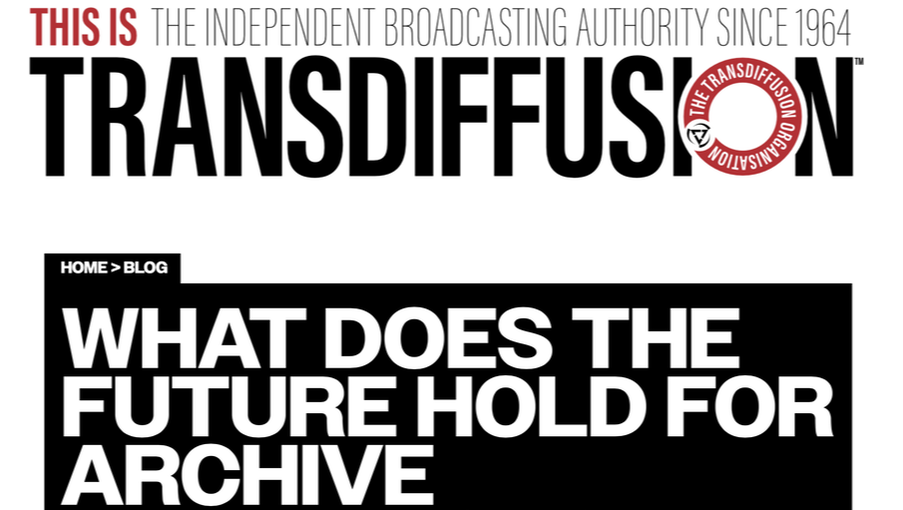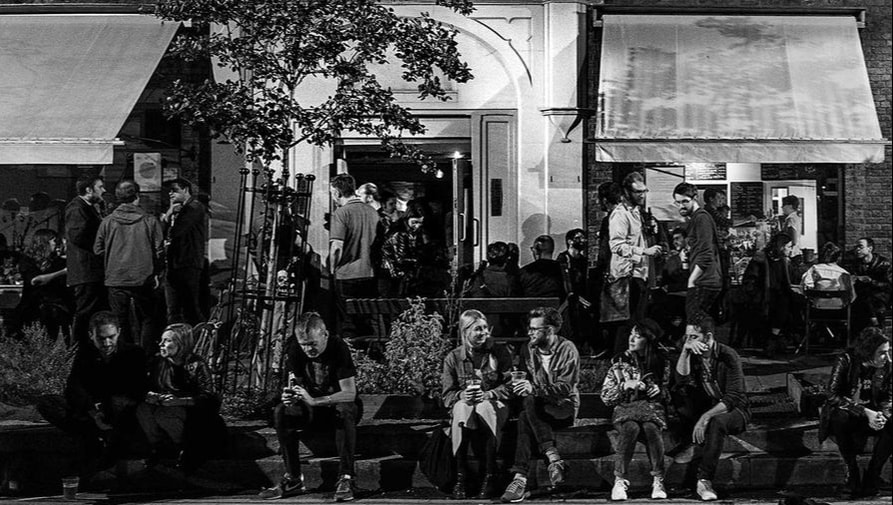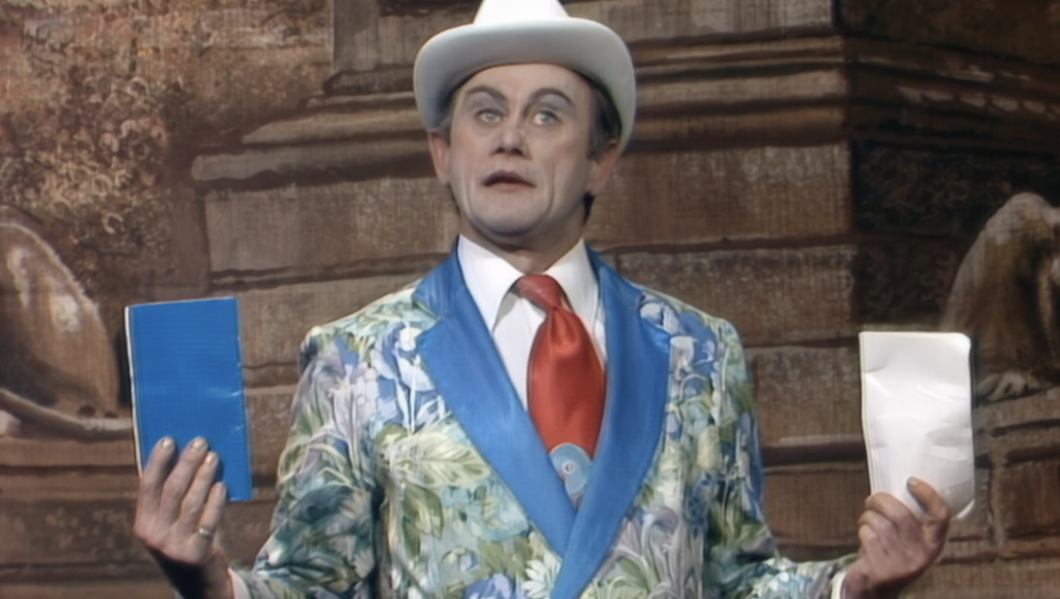Nov. 2022 to Jun. 2023
What does the future hold for Archive Television?
Follow-on article to the 'Whatever Happened To The Channel 4 Archive' (14 April 2023)
|
|
As the television industry adapts to an era of rapid change, a remarkable opportunity is opening up for archive TV to be seen and enjoyed by a wider audience than ever before.
Booksellers talk about “the long tail”, the phenomenon that most of their sales and profits come not from the latest high-profile ghost-written celebrity biographies and cookbooks, but actually from the backlist. At any given time, millions of books are in print, most of which will only sell in relatively small quantities each year. But, collectively, they are the beating heart of the publishing industry. This “long tail” of books, many of which have been in continuous print for decades, is far more important to the industry’s profitability than the much smaller number of books which top the sales charts. The British television industry has traditionally followed a very different model. For the most part it has always been built on the foundations of producing new content, because this was what the audience was seen to be demanding. Both the BBC and ITV were very conscious that there was widespread public disapproval of “repeats”, which were viewed as nothing less than cynical penny-pinching by much of the audience. It fuelled an industry belief that the lifespan of any television programme was limited. Older programmes might have an extended life with foreign sales, but domestically the industry was always focused on creating something new. The notion of the “long tail” in television terms, the concept that archive programming might continue to be of interest to part of the overall tv audience, simply didn’t exist. Other factors also reinforced this situation. One especially big hurdle was the actors’ union, Equity, which saw repeated programming as a threat to the livelihood of its members. Likewise, for the small army of people working behind the cameras, there was little or no incentive to be positive about archive content, as their living depended on making new programming.
Continue reading/// |
by Philip Renfrew,
09 June 2023
09 June 2023
Whatever happened to the Channel 4 Archive?
Transdiffusion, the Independent Broadcasting Authority since 1964
|
|
It’s not possible to answer the above question without at least some historical context.
There is very little doubt that when Channel 4 hit British television screens in 1982, it was a truly ground breaking enterprise. The channel’s brief was to serve audiences that had felt neglected by the BBC-ITV duopoly, and that mission can be seen almost as a watermark in its early years. The same channel that broadcast anarchic comedy such as The Comic Strip Presents, also had former newsreader Robert Dougall presenting Years Ahead, which was essentially Blue Peter for pensioners. In truth, the first fifteen or so years of C4 gave rise to some of the most richly diverse programming in British broadcasting history. It was prepared to take risks, leading to both spectacular failures and extraordinary successes. For the serious historian of television, one very important factor in making sense of C4’s unique DNA, is the significant reliance on independent producers to create much of its output. Whilst there had been such producers working for both BBC and the ITV regional companies since at least the 1950s, only with the advent of C4 did these collectively become a force to be reckoned with. Continue reading/// by Philip Renfrew,
14 April 2023 |
Crossing Bridges - First public screening for 40 years
Shown to a live audience at Cafe OTO, improvised and experimental music on British TV, 1973-1983
|
Cafe OTO, in association with the British Film Institute, presents a day-long immersion in another era: one in which there were only four TV channels, and a music community that was struggling to be seen and heard.
We bring together four extremely rare programmes, scarcely seen at the time and never repeated. This event is a reflection on the struggle to get heard in the mainstream – is it better to reject a public service broadcaster, or a great way to reach the unsuspecting listener? The Musicians’ Action Group, who made the Open Door programme, fought for better exposure for jazz musicians – but it remained a struggle, and is even more so today. |
These four programmes show how sympathetic producers, often fans of the music, made it possible for viewers to discover it for themselves.
Thanks to the British Film Institute for permission to screen these programmes as part of the Performers Alliance Agreement. A 25% discount for entry to members of Equity, Writers Guild and the Musicians’ Union. (£12 non-members.)
Thanks to the British Film Institute for permission to screen these programmes as part of the Performers Alliance Agreement. A 25% discount for entry to members of Equity, Writers Guild and the Musicians’ Union. (£12 non-members.)
12 March 2023
Here's A Funny Thing: Channel 4
The UK's biggest comedy site with 700k unique viewers every month.
|
The very first light entertainment commission made for Channel 4 was a televised version of John Bardon's successful stage show about the legendary music hall comedian Max Miler: Here's A Funny Thing was devised by Bardon in conjunction with R.W. Shakespeare, a correspondent for The Times.
The programme was broadcast on 20th November 1982 - part of Channel 4's first month on air - and was positively reviewed in the national press. Angela Wilkes, writing in The Sunday Times, noted that Bardon "captures much of the Cheeky Chappie's essential vulgarity and stagemanship". The Daily Mail commented that the television production was "a tour-de-force that brings Max Miller, the peacock-clad comic back to life". by Rob Brown,
20 November 2022 |





